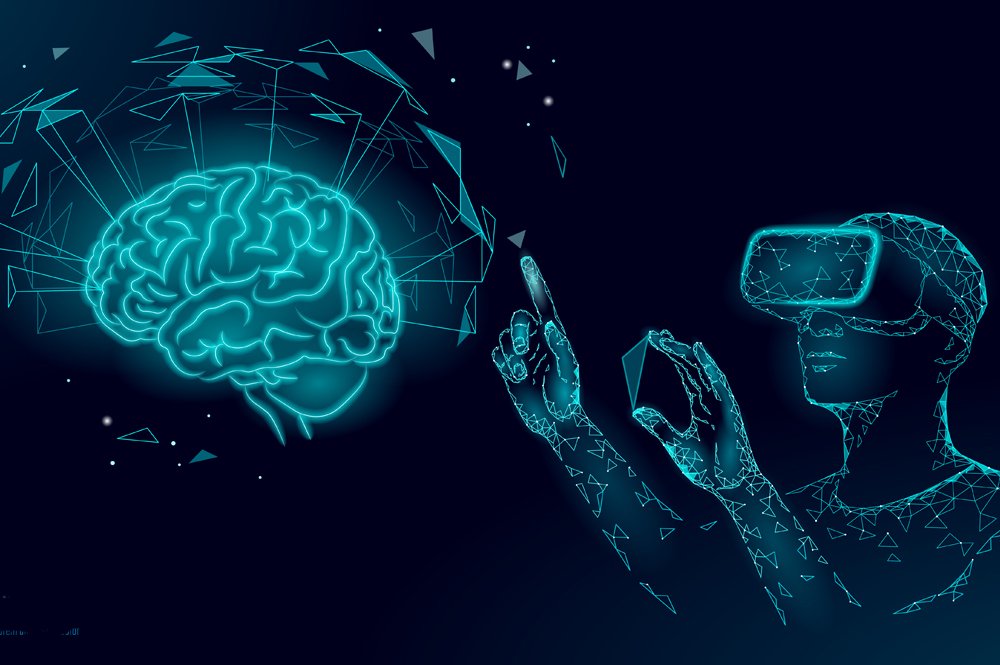
The use of virtual reality (VR) games in psychotherapy is a growing field with increasing interest among practitioners and researchers. VR games can provide an immersive and interactive experience that can be used to treat a wide range of psychological disorders, such as phobias, anxiety disorders and trauma.
The benefits of using VR games in psychotherapy are numerous. First, VR games can provide a more realistic and engaging treatment experience for patients. VR environments can be designed to simulate real-world situations, such as social situations or dangerous environments, allowing patients to face their fears in a more controlled and less anxiety-provoking manner.
In addition, VR games can provide a more personalized treatment experience. VR environments can be tailored to meet individual patient needs, which can allow for a more individualized and effective treatment experience.
Finally, VR games can be used to provide a more convenient treatment experience. Patients can access VR sets at any time, which can make treatment more can make treatment more accessible and convenient.
But can VR games really help cure certain mental illnesses? Research indicates that yes, there is a link between the use of VR games and the improvement of certain mental illnesses.
For example, VR games have been used successfully to treat phobias and anxiety disorders. In one study, patients with aviation phobias were exposed to VR environments that simulated flight situations. Patients reported a significant reduction in anxiety after treatment, and this reduction in anxiety was maintained six months after treatment.
VR games have also been used to treat post-traumatic stress disorder (PTSD). In one study, military veterans were exposed to VR environments that simulated combat situations. Patients reported a significant reduction in PTSD symptoms after treatment, and this reduction in symptoms was maintained six months after treatment.
In addition, VR games have been used to treat eating disorders. In one study, patients with bulimia nervosa were exposed to VR environments that simulated social situations involving food. Patients reported a significant reduction in symptoms after treatment, and this reduction in symptoms was maintained six months after treatment.
Although the results of these studies are promising, it is important to note that the use of VR games in psychotherapy is still a relatively new practice and more research is needed to fully evaluate its long-term effectiveness.
The use of virtual reality games in psychotherapy offers many benefits, such as more immersive, personalized and hands-on treatment experiences. VR games have been successfully used to treat a wide range of psychological disorders, including phobias, anxiety disorders, trauma and eating disorders.
However, it is important to note that the use of VR games in psychotherapy does not completely replace traditional treatment approaches such as cognitive behavioral therapy or talk therapy. Rather, VR games are an adjunct to these approaches, which can help patients cope with their fears and anxieties in a more controlled and engaging way.
In addition, the use of VR games in psychotherapy can pose certain challenges, such as the need for expensive equipment and specific training for practitioners. In addition, some patients may experience anxiety or disorientation while using VR environments, which may require special attention from the practitioner.
Despite these challenges, the use of VR games in psychotherapy offers considerable potential to improve treatment outcomes for patients with psychological disorders. Practitioners and researchers continue to explore the benefits and challenges of using VR games in psychotherapy, and it is likely that this practice will continue to grow in popularity as new research and technological developments occur.
Ultimately, the use of virtual reality games in psychotherapy is an exciting and rapidly evolving field that offers new perspectives for the treatment of psychological disorders. Although the practice is still relatively new, early studies show that VR gaming can offer significant benefits for patients with psychological disorders, making it a promising treatment option for the future.



